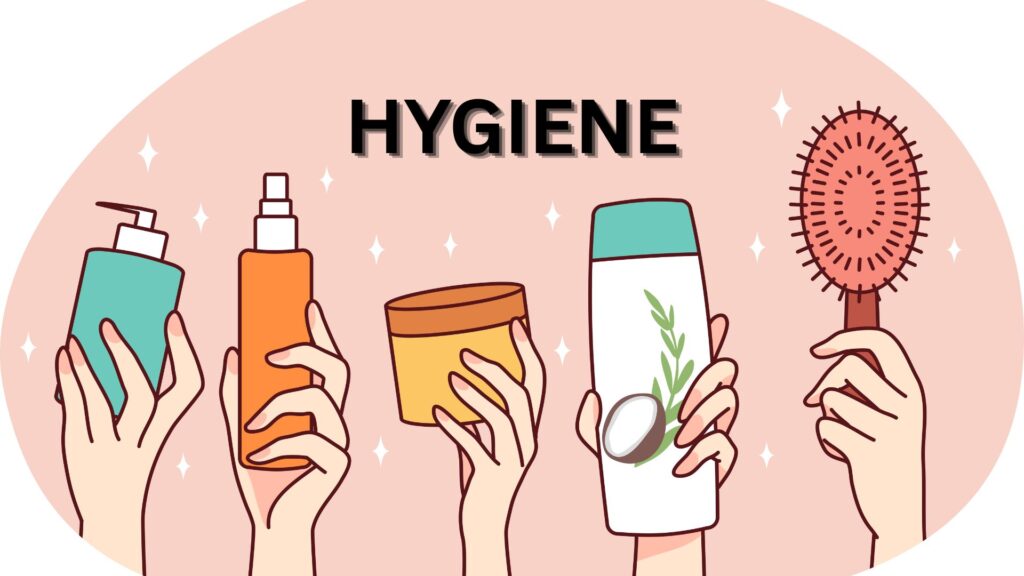If you’re in the food industry, you know how crucial it is to ensure that the food you’re serving is safe and hygienic. Whether you run a bustling restaurant, a catering service, or a large food production plant, keeping things safe is non-negotiable. One certification that’s proven to help businesses maintain food safety at the highest level is HACCP—the Hazard Analysis Critical Control Point system. This internationally recognized certification doesn’t just tell people that your food is safe; it proves it.
But here’s the thing: HACCP is more than just a certificate you can hang on your wall. It’s a deeply embedded food safety management system that affects every stage of your food production process—from the moment raw ingredients are brought in to the point they reach your customers. So, let’s dig into what HACCP is, why it’s essential, and how it can take your food business to the next level.
So, What Exactly is HACCP Certification?
At its core, HACCP is a science-based system that identifies and controls food safety hazards. It’s a method for ensuring that food is safe to eat by addressing biological, chemical, and physical hazards during food production. The certification part comes into play when your business adheres to these strict guidelines and proves that it has the processes in place to maintain food safety at every step.
In simpler terms, think of HACCP like a food safety blueprint—it helps you identify potential risks, put controls in place, and make sure those controls are working. And when you’re certified, you’ve shown that your operations are built around this system, ensuring food safety and hygiene.
Why is HACCP Certification so Important?
The answer is simple: trust. In the food industry, trust is everything. When people eat, they’re putting their health in your hands. That’s a huge responsibility. If something goes wrong, it’s not just bad for your customers—it can be disastrous for your business.
HACCP certification gives you a competitive edge. It’s the kind of credential that says, “We take food safety seriously.” For customers, that’s a big deal. They want to know their food is free from contamination, and HACCP certification is a clear indicator that you’ve got processes in place to keep things safe.
How Does HACCP Actually Work?
HACCP isn’t just a vague concept—it’s built around seven clear principles that guide your business in identifying and controlling food safety risks. These principles create a structured approach to keeping food safe at every stage of production.
- Hazard Analysis: This is the first and most crucial step. You identify all potential hazards—whether biological (like bacteria), chemical (like pesticides), or physical (like foreign objects). Once you know what could go wrong, you can start to put measures in place to prevent it.
- Critical Control Points (CCPs): These are the stages in the food production process where you can control hazards. Think of CCPs like checkpoints in a video game. For example, cooking food to the right temperature is a critical control point where bacteria can be killed.
- Critical Limits: Every CCP needs to have a limit that ensures safety. For instance, you might set a limit that food must be cooked to 165°F to kill harmful bacteria. Setting these limits is essential to making sure your food is safe.
- Monitoring: Keeping track of each CCP is key. If you’re cooking chicken, you need to measure the temperature regularly to ensure it’s hitting the right mark. This monitoring helps catch problems before they become bigger issues.
- Corrective Actions: If something goes wrong—let’s say the chicken doesn’t hit the required temperature—you need to have a plan in place to fix it immediately. That’s where corrective actions come in. It could mean discarding a batch or adjusting your cooking method.
- Verification: This step is all about making sure everything is working as it should. Regular checks and audits verify that your system is functioning correctly and that your food is safe to eat.
- Record Keeping: Documentation might not sound exciting, but it’s one of the most important steps. Keeping accurate records of what’s happening in your food safety system proves that you’re following the right procedures and helps with audits. Plus, it gives you something to refer to if any issues come up later.
HACCP in Qatar: A Growing Necessity
In Qatar, food safety is not just a priority—it’s an absolute requirement. The country is rapidly growing as a hub for food production and hospitality, and as a result, food safety regulations are becoming stricter. As the food industry expands, maintaining high hygiene standards and complying with local regulations is more important than ever.
Implementing HACCP Certification in your operations isn’t just a smart move—it’s often legally required. Whether you’re running a small food service operation or a large-scale production facility, HACCP can help ensure that you meet and exceed the standards set by Qatari authorities. With a strong focus on public health, this certification will show that you’re serious about serving safe food, which could ultimately improve your business’s reputation and customer trust.
Why HACCP Certification Benefits Your Business
So, let’s talk about the business side of things. Why should you invest in HACCP certification? First of all, it reduces the risk of foodborne illnesses and contamination. When you have a system in place that monitors every part of the food production process, it makes it much less likely that something will slip through the cracks.
For example, foodborne illness outbreaks can be devastating. They lead to product recalls, lawsuits, and an inevitable drop in customer trust. By following HACCP, you’re preventing these disasters from happening in the first place. That means fewer recalls, less legal trouble, and more satisfied customers.
How to Get HACCP Certification
Achieving HACCP certification might sound like a big task, but with the right approach, it’s absolutely doable. The first step is evaluating your current food safety procedures. Are you already following some of the basic principles? If not, you’ll need to implement new practices and make sure your operations are in line with HACCP standards.
It’s also a good idea to work with a consultant. Consultants can guide you through the certification process, helping you set up the right systems and procedures. They’ll assist with hazard analysis, identifying critical control points, and implementing corrective actions.
Wrapping Up: HACCP is a Must for Any Food Business
In the end, HACCP certification is about much more than just following rules—it’s about making sure that your customers can trust you with their health. It’s a commitment to quality, hygiene, and food safety that pays off in customer loyalty, brand reputation, and long-term business success.
If you want to set your food business apart, build a loyal customer base, and ensure you meet all local and international food safety standards, HACCP certification is the way to go. It’s time to invest in food safety, because when your customers trust you, your business thrives.



